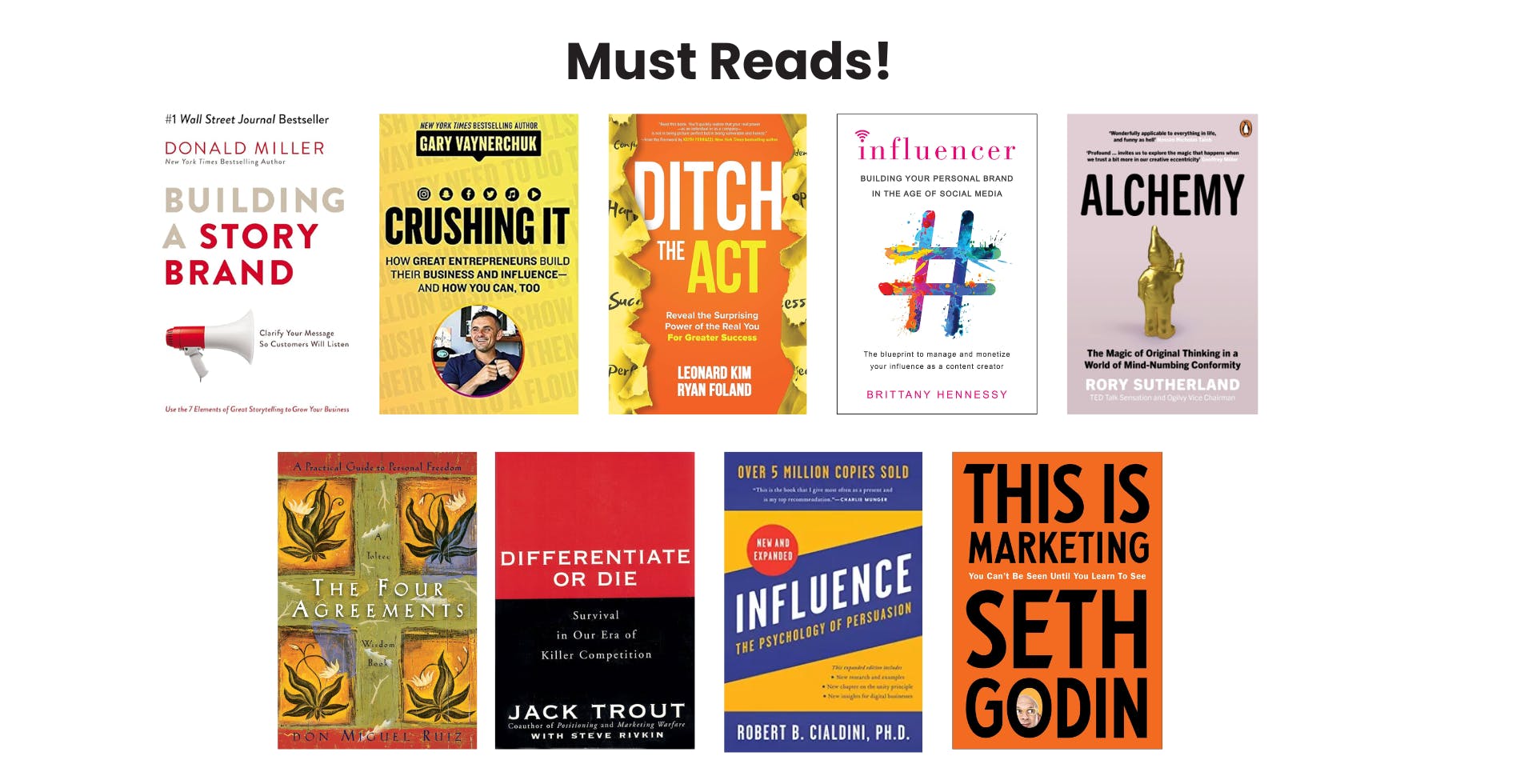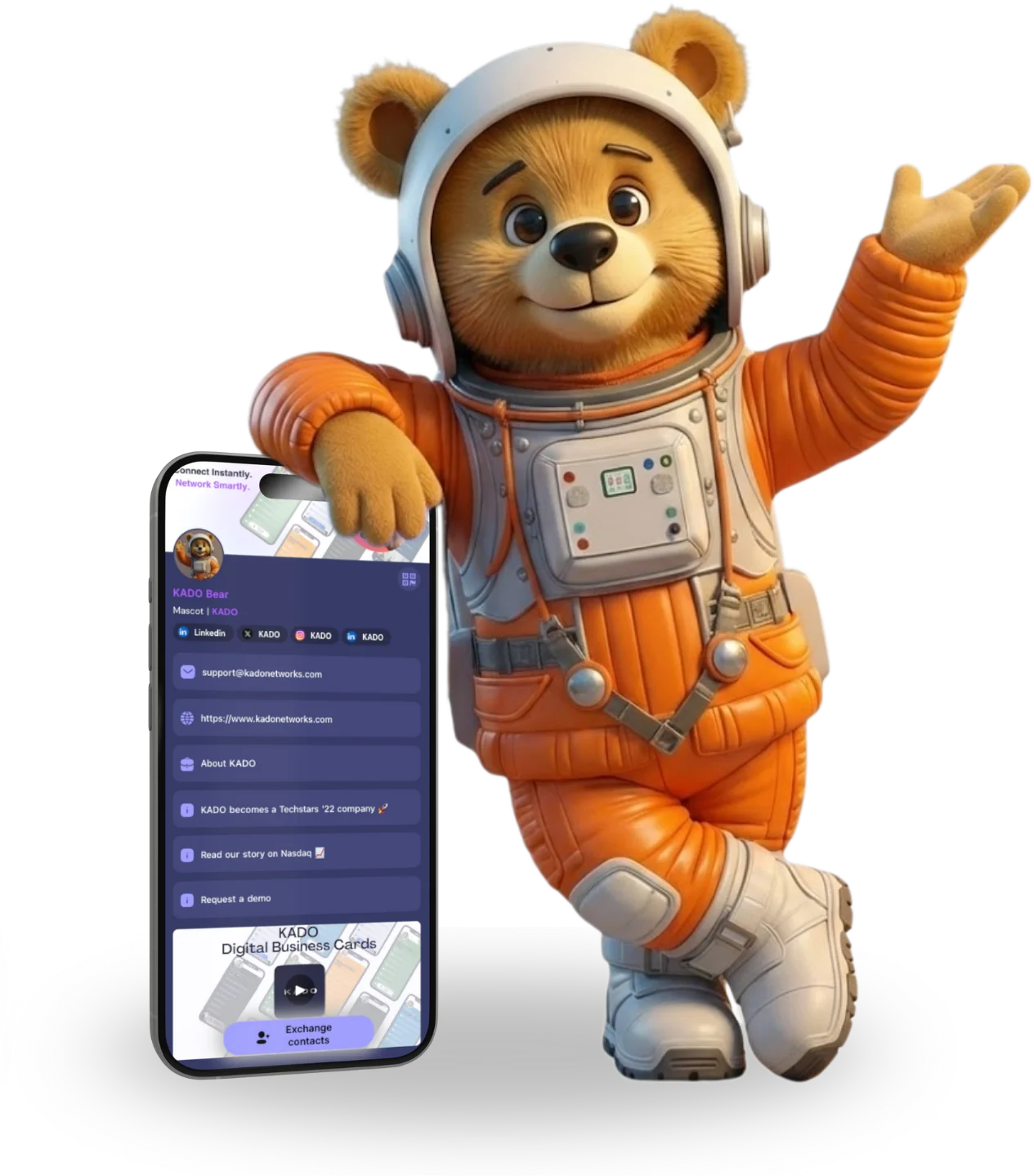 Go back to list of posts
Go back to list of postsPersonal branding: Build a brand that Speaks to you
Last modified: July 9, 2025
Why Personal Branding Is No Longer Optional
Personal branding is more than a nice-to-have — it's a necessity. Whether you're a freelancer, entrepreneur, job seeker, or executive, your online presence and professional reputation define how others perceive you. A strong personal brand can lead to better job opportunities, trust with potential clients, and a more consistent public image.
In fact, studies show that 70% of employers use social media to screen candidates during the hiring process (CareerBuilder). And with networking becoming increasingly virtual, having a well-established personal brand isn’t just smart—it’s essential.
What Is Personal Branding?
Personal branding is the process of creating a professional identity and consistent image that reflects your values, skills, and personality. It's how you present yourself across platforms—LinkedIn, Instagram, personal websites, or even in real-life interactions. A thoughtful logo design can reinforce this identity, offering a visual cue that enhances recognition and trust. It's how you present yourself across platforms—LinkedIn, Instagram, personal websites, or even in real-life interactions.
Your personal brand should answer:
- What do you stand for?
- What makes you different?
- How do you provide value?
Building a strong personal brand involves aligning your communication, visuals, and actions with your core message.
Helpful tools to get started:
- Canva – for designing branded content
- KADO – for managing digital business cards and networking
- LinkedIn – to showcase your professional story
💡 Pro Tip:
Want to impress with a tap? Use KADO to create your own NFC-enabled digital business card—fully branded, interactive, and synced with your CRM. It's the future of smart networking.
Personal Branding Examples That Work
1- Marie Forleo – Entrepreneur and author, Marie has built a brand around helping creatives and business owners thrive. Her tone is approachable, visual style vibrant, and her messaging crystal clear.
2- Gary Vaynerchuk (Gary Vee) – His authentic, no-nonsense communication style, combined with a strong social media presence and consistent messaging, makes him instantly recognizable. He’s not just promoting products — he’s building relationships and offering value.
3- Ali Abdaal – Former doctor turned content creator, Ali has established his brand around productivity, tech, and personal growth. He consistently delivers value with a clean visual style and informative tone.
4- Mel Robbins - Motivational speaker, author, and former lawyer known for her practical strategies in personal development. Her "5 Second Rule" encourages individuals to overcome procrastination and hesitation by leveraging a simple countdown technique. Through her engaging speaking style and relatable content, Robbins has built a brand centered on actionable advice and empowerment.
5- Sara Blakely - Sara Blakely is the founder of Spanx, a company revolutionizing shapewear for women. Her personal brand reflects innovation, resilience, and a commitment to empowering women. Blakely's journey from selling fax machines to becoming a self-made billionaire showcases her entrepreneurial spirit and authenticity, resonating with aspiring business leaders.
6- Tony Robbins- Motivational speaker, author, and life coach known for his high-energy seminars and self-help books. His personal brand centers on personal empowerment, financial freedom, and peak performance. Robbins' ability to connect with audiences and deliver transformative experiences has solidified his status as a leading figure in personal development.
7- Richard Branson - He’s been able to maintain a consistent brand message through everything from Virgin Airlines to his personal blog. His authenticity and willingness to stand by his beliefs has built a loyal following. ( Daniel Roberts, CEO of Lava Roofing)
Pro Tip: Observe how these individuals tailor their content to their audiences, maintain consistent visuals, and create genuine interactions.
Best Personal Branding Books ( Must Reads!)
Here are some top-rated reads to deepen your understanding of personal branding:
- "Building a StoryBrand" by Donald Miller –is a standout. It teaches how to clarify your message and position yourself as the guide in your client’s story — essential for building a strong, memorable brand. View on Amazon
- "Crushing It!" by Gary Vaynerchuk – Features real-life case studies of people who've built successful personal brands. View on Amazon
- "Ditch the Act" by Leonard Kim & Ryan Foland – Encourages authenticity and vulnerability to build trust. View on Amazon
- "Influencer: Building Your Personal Brand in the Age of Social Media" by Brittany Hennessy – A practical guide for creators. View on Amazon
Personal branding books recommended by top professionals:
Khan - CEO, Brand Ignite
- “Alchemy” by Rory Sutherland isn’t about personal branding directly, but it teaches you how irrational human behavior really is. Understanding that is how you build a personal brand that feels authentic, not just looks polished.
Saj Munir - Founder, Chorlton Fireworks
- "The Four Agreements" by Don Miguel Ruiz - This book taught Saj that before working on developing a personal brand, you must first become aware of the beliefs that limit you. View on Amazon
Eli Itzhaki - CEO and Founder of Keyzoo
- "Differentiate or Die" by Jack Trout and Steve Rivkin - has helped me a lot to achieve exactly that. It pushed me to focus on something specific and bold that sets us apart. I didn’t want Keyzoo to just blend in with the long list of generic locksmith listings. What the book taught me was that being slightly better isn’t enough. People need a reason to choose you and stick with you, and that only happens if you show them something clearly different. View on Amazon
Kaz Marzo, Operations Manager of Image Acquire
- "Influence: The Psychology of Persuasion" by Robert Cialdini is also powerful for understanding how to connect with your audience and build trust. View on Amazon
Andrew Lokenauth- Founder at The Financial Newsletter
- "This Is Marketing'' by Seth Godin — I've got like 50 sticky notes in my copy. It helped me nail down my unique voice. I actually tested his permission marketing concepts with my audience and saw a 40% boost in email signups. View on Amazon

The Importance of Personal Branding Design
Visual consistency is key to recognition and trust. Your brand’s design includes:
- Logo or monogram – Keep it simple and memorable
- Color palette – Use consistent colors across your website, social media, presentations, etc.
- Typography – Choose 1–2 fonts and stick to them
- Imagery – High-quality, on-brand visuals only. Maintain a 70/30 ratio of polished vs candid content. The candid stuff — like quick phone videos from the office — actually performs 2x better than the professional shoots. Didn't expect that.
Tools to use:
- Canva Pro: Easy-to-use design tool with branding kits
- Coolors: Helps you generate consistent color palettes
If you want to ace your personal branding design, start first by choosing a signature color palette. It sounds simple, but it shapes how people remember you. Just make sure to stick to two or three shades and use them consistently across everything. That visual repetition creates familiarity, and people start to associate those colors with your brand before they even read the name. Using a professional logo maker can also help you create a cohesive, polished brand identity that reflects your chosen palette and style. According to Kissmetrics, 93% of consumers say visual appearance is the top factor in purchase decisions, so this isn't just a design choice. It actually drives behavior.
Design isn't just aesthetics. It's the first impression you give—and first impressions matter.
The thing is, personal branding isn't just logos and colors. It's the feeling people get when they interact with you. I learned that the hard way after spending way too much on fancy design work that didn't connect. Now I focus on storytelling first, visuals second.
Personal Branding Photos: What They Say About You
Your photos are often the first thing people see online—make them count. Personal branding photos should reflect your personality, industry, and professionalism.
Tips for Great Branding Photos:
- Hire a photographer who specializes in personal branding
- Choose settings relevant to your work (e.g., office, coworking spaces, outdoors for creative fields)
- Dress consistently with your brand style
- Use your photos on LinkedIn, your personal website, digital business cards (like KADO), and marketing materials
For inspiration, browse:
- Pexels or Unsplash for personal branding photography examples
- Pinterest for photo pose and outfit ideas

Final Thoughts
Personal branding is a long-term investment. It doesn’t require perfection, but it does require consistency, clarity, and confidence. Whether you're using personal branding to find new clients, land your dream job, or grow your online presence, what matters most is staying true to your story.
Remember: Personal branding isn’t about designing how you look. It’s about deciding how you’ll show up. Make sure it’s aligned, authentic, and unforgettable.



